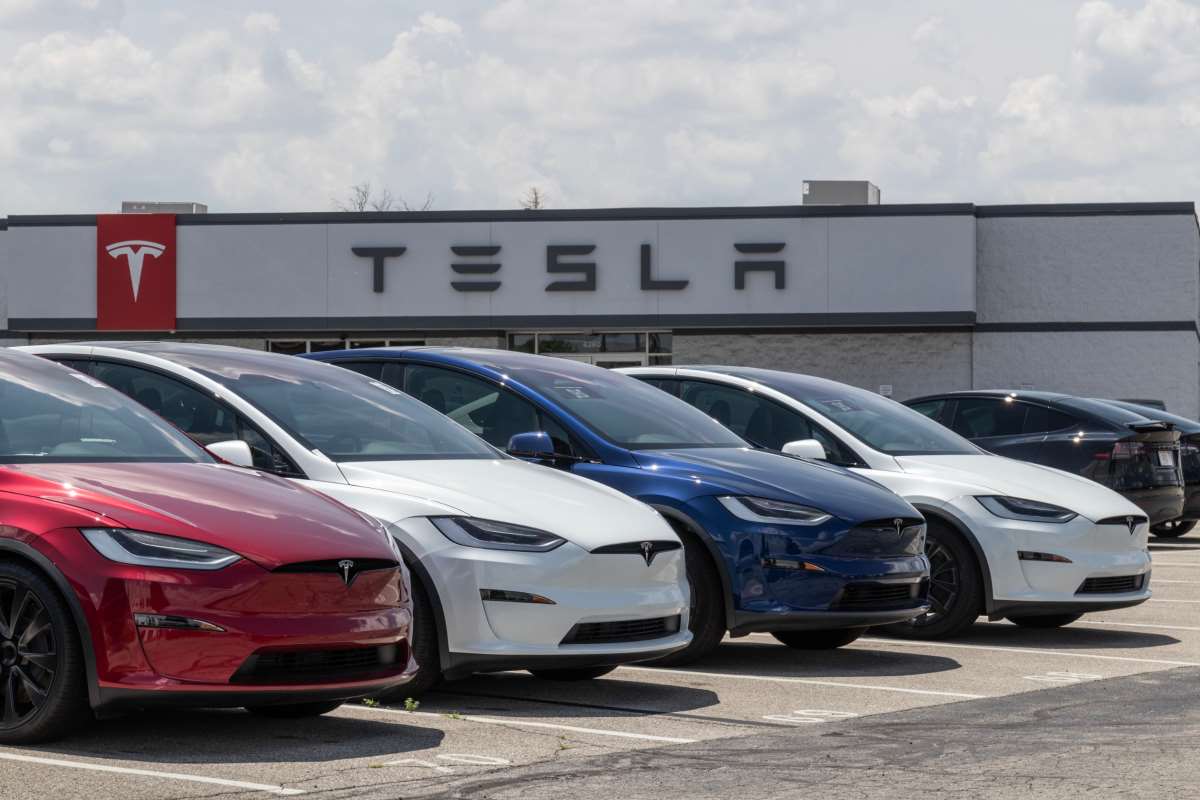Tesla gives the nod to Australia's main automotive industry lobby group for 'patently false claims' about the impact of 'clean' cars

@jetcityimage/123rf
In a bold move, Tesla, the company spearheaded by Elon Musk and a leader in the electric vehicle industry, has announced its intention to withdraw from the board of the Federal Chamber of Automotive Industries (FCAI), Australia’s premier automotive lobby.
This decision stems from Tesla’s accusations against the FCAI of misleading consumers about the government’s proposed fuel efficiency standards and the potential impact on car prices.
Tesla’s allegations
Tesla’s discontent was publicized through a letter disclosed by The Guardian, in which the company accuses the FCAI of “repeatedly making claims that can be shown to be false.” At the heart of the dispute is the current centre-left Labor government’s plan to implement a fuel efficiency model designed to limit the average carbon emissions of new vehicles starting next year.
Tesla argues in its letter that the FCAI’s public statements, suggesting that the government’s vehicle efficiency standard would significantly increase the prices of popular cars and vans while substantially decreasing Tesla’s prices, are baseless.
Moreover, Tesla challenges the FCAI’s suggestion that it coordinates or predicts how competing brands might adjust their pricing in response to environmental regulations.
The FCAI had previously criticized the government’s approach, stating it plans to enforce a fuel efficiency standard with “extremely aggressive targets and severe penalties to be applied at very short notice” beginning January 1, 2025. As of now, the FCAI has not responded to Musk’s letter.
